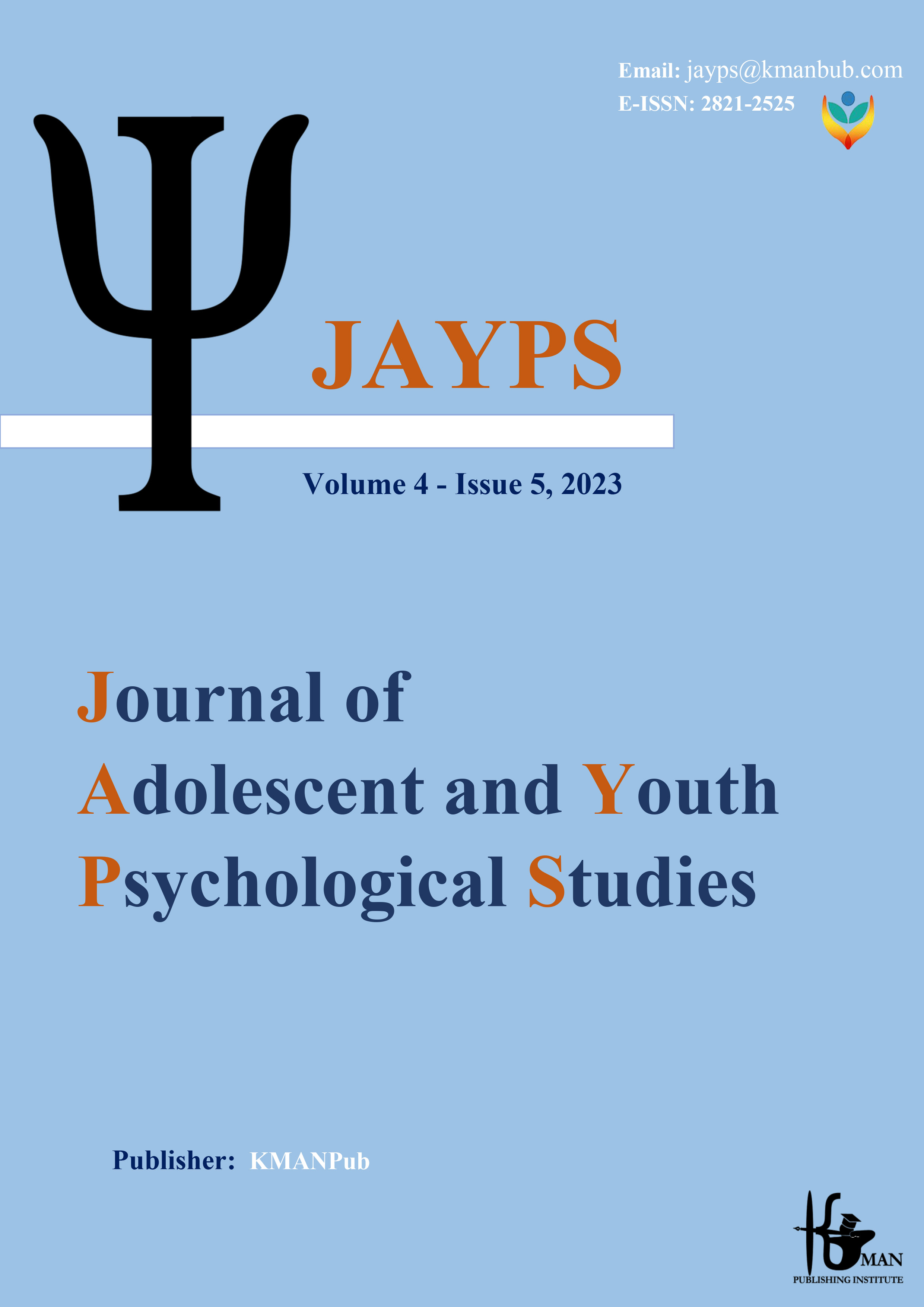Comparison of the effectiveness of compassionate mind-based therapy and dialectical behavior therapy on cognitive deficits, emotional processing defects and impulsivity of adolescent soldiers aged 18 to 20 years with high-risk behaviors
Keywords:
Compassion focused therapy, dialectical behavior therapy, cognitive disabilities, emotional processing, impulsivity, high risk behaviors.Abstract
Background and Aim: High-risk behaviors are behaviors that increase the likelihood of physical, psychological and social disastrous consequences for the individual. The aim of this study was to compare the effectiveness of compassionate mind therapy and dialectical behavior therapy on cognitive deficits, emotional processing defects and impulsivity of adolescent soldiers aged 18 to 20 years with high-risk behaviors. Methods: The method of the present study was quasi-experimental with a pretest-posttest design with a follow-up group. The statistical population of this study included all adolescent soldiers aged 18 to 20 years who referred to Valiasr Medical Center in Tehran in 2020. The sample selection process in the present study consisted of two stages: The first stage was done by purposeful sampling method of high-risk behaviors questionnaire to screen soldiers referred to Valiasr Medical Center in Tehran and among those who received a score higher than the screening method 50 people were selected based on the completion of the consent form for participation in the research as well as the inclusion and exclusion criteria of 45 people (15 people in the first experimental group, 15 people in the second experimental group and 15 people in the control) and specialized in 3 groups at random. To collect data, Iranian adolescents' risk questionnaires, cognitive deficits, Toronto Alexithymia scale, and Impulsivity Scale were used. Results: A pairwise comparison between the two treatment groups showed that cognitive deficits in the two treatment groups of compassion (I-J=7.20; P<0.01) and dialectical behavior therapy (I-J=8.66; P<0.01), Was significant from pre-test to post-test in contrast to control group (I-J=1.56; P<0.05); Also, the study of emotional processing deficits shows that only the dialectical behavior therapy group (I-J=12.73; P<0.01) was significant from pre-test to post-test. Also, the study of impulsivity in treatment groups shows that only compassion treatment was effective in reducing impulsivity (I-J=7.66; P<0.01). Conclusion: According to the findings of the present study, it seems that with compassionate practice and increasing positive emotions, a person's behavioral-intellectual treasury expands, which can it provided the basis for problem-solving and the reduction of conflicts between intrapersonal and interpersonal emotions, thereby reducing impulsivity and risky behaviors.
Downloads
Downloads
Published
Issue
Section
License

This work is licensed under a Creative Commons Attribution-NonCommercial 4.0 International License.









